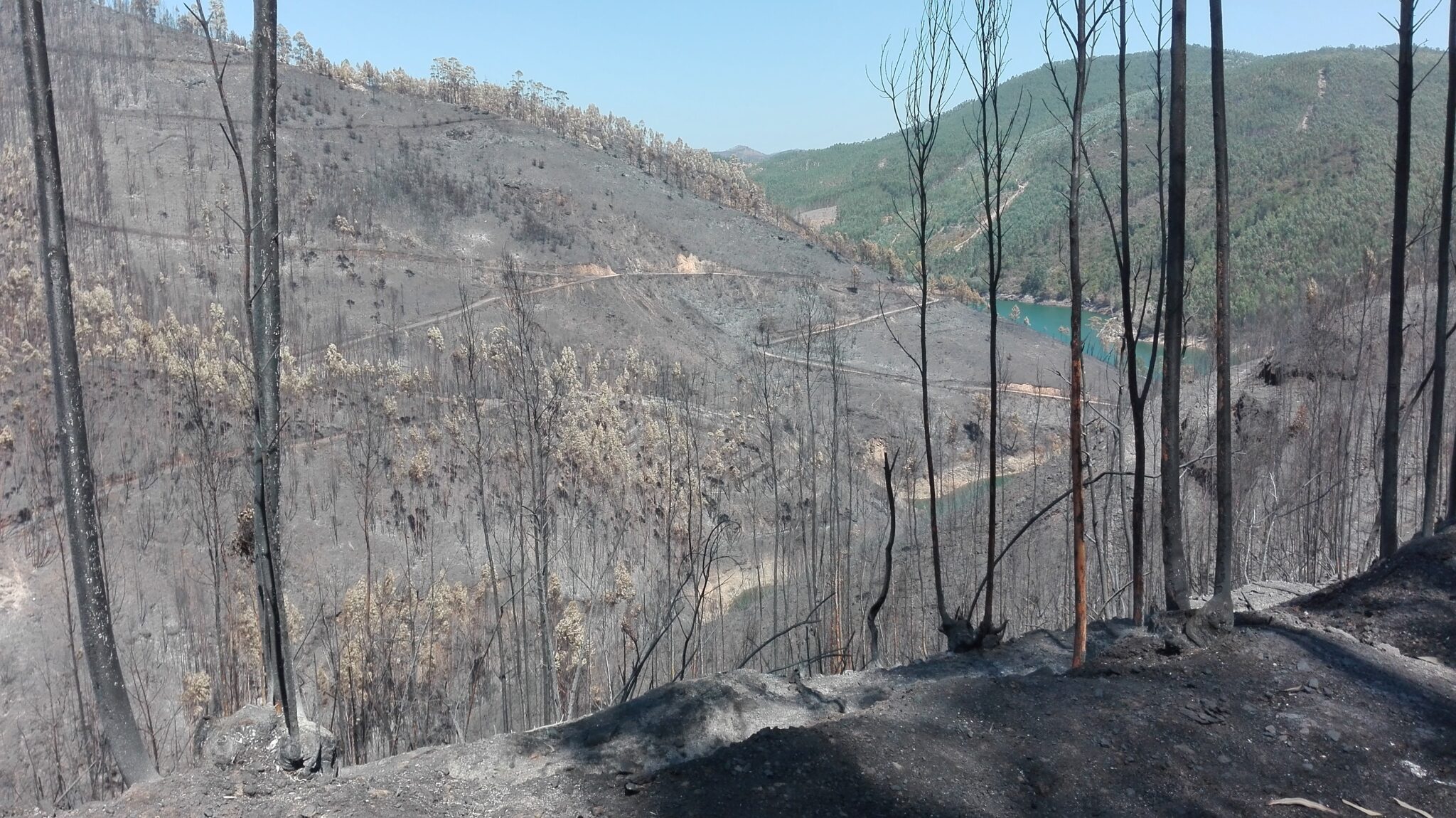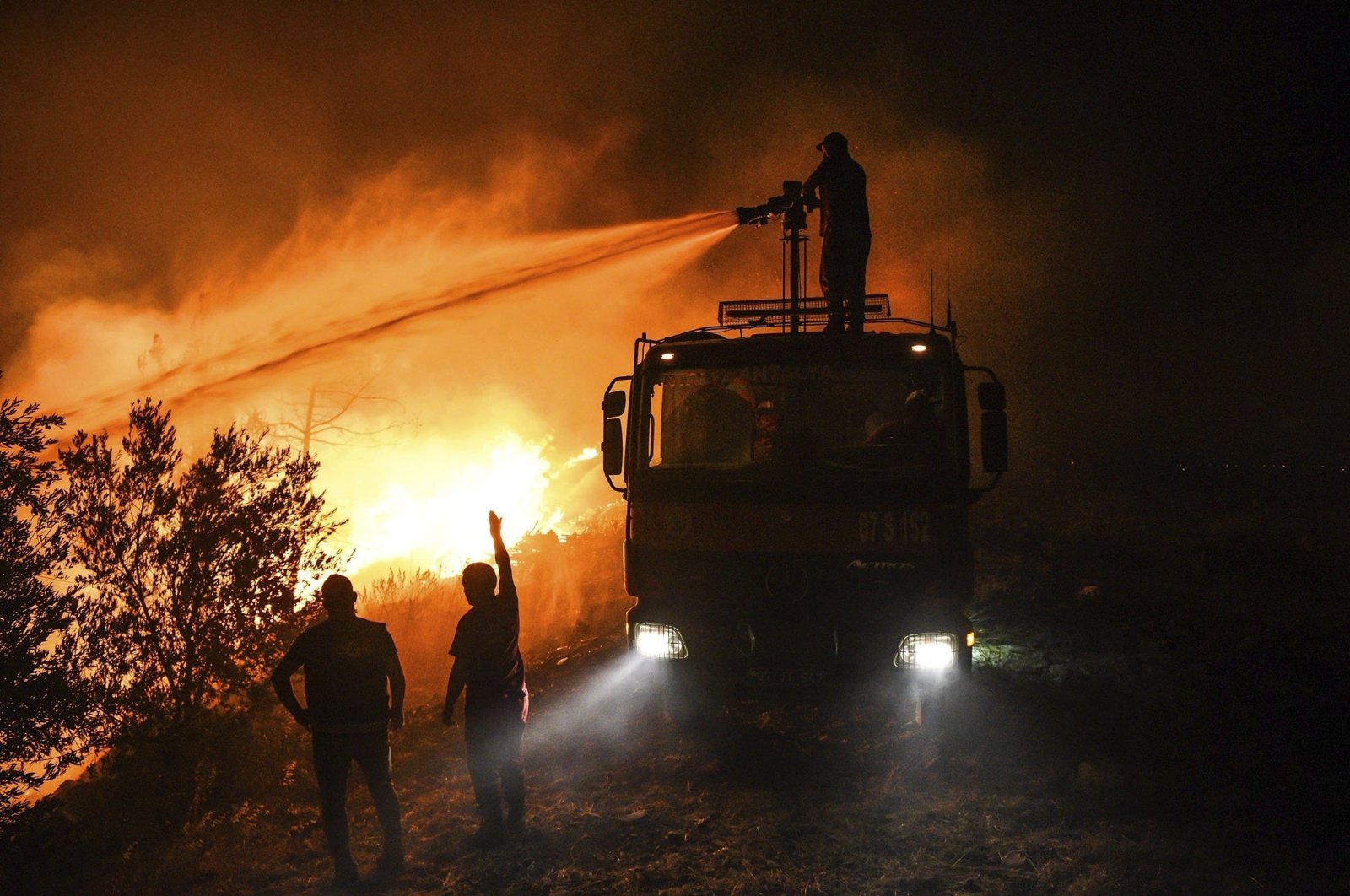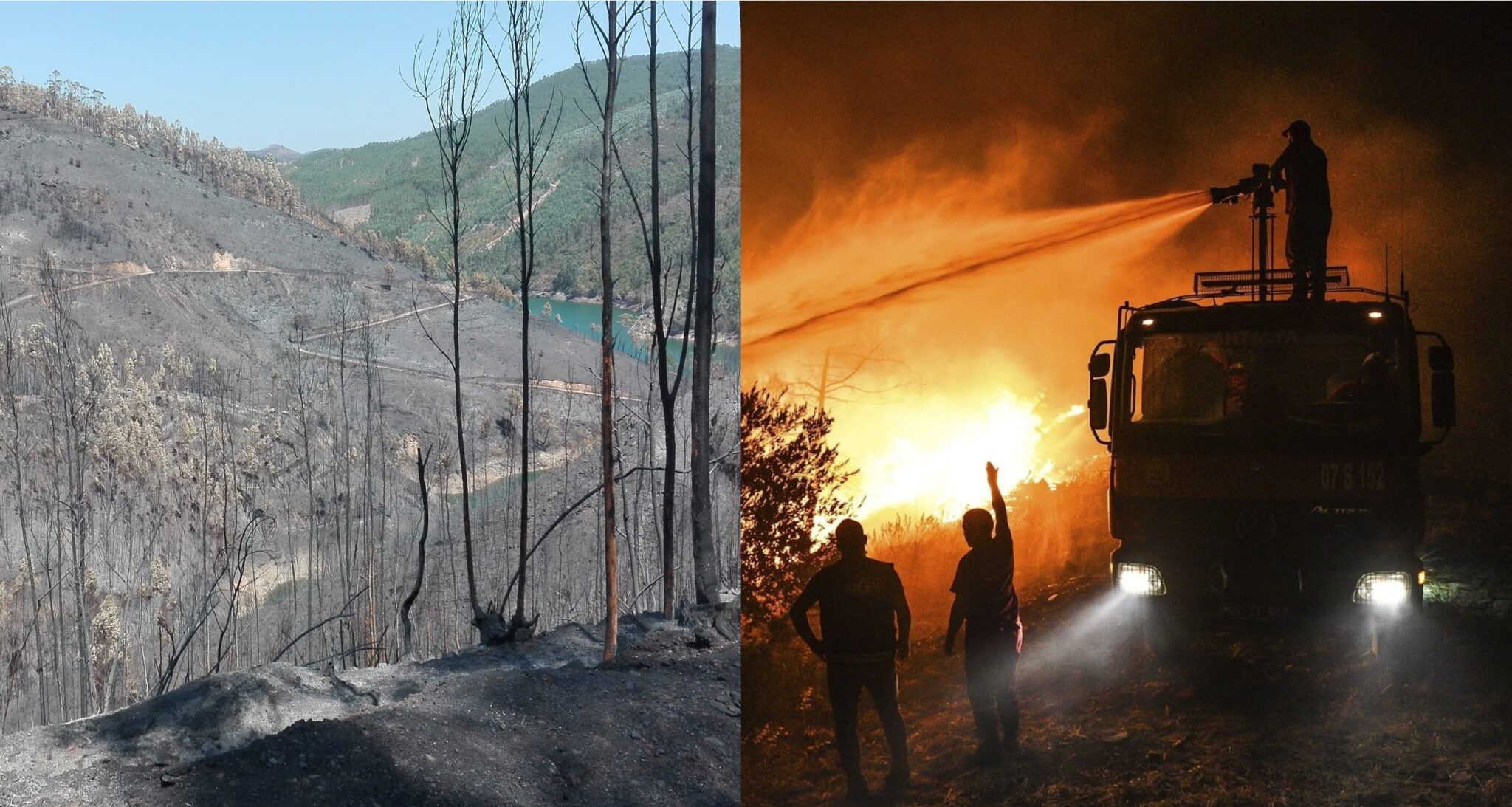According to the Intergovernmental Panel on Climate Change, today’s world is struggling with the effects of climate change and global warming, one of the biggest problems faced by humanity. This issue is becoming more and more urgent, and governments, companies and individuals are developing action plans against this problem.
Climate change is causing a rise in temperatures, leading to increased natural disasters, rising sea levels, climate destabilisation and increased environmental pollution. However, the effects of global warming are not only limited to natural disasters, but also cause societies to face many social, economic and health problems.
The increasing number of heat waves in the Mediterranean Basin in recent years is a consequence of climate change, resulting in longer and more severe natural disasters such as forest fires, says the European Commission. These factors combine to cause fires to spread over larger areas and cause more devastating impacts. Therefore, in order to minimise the effects of climate change, the environmental non-governmental organization Greenpeace suggests that measures such as reducing greenhouse gas emissions that cause global warming, protection and sustainable management of forests and other natural areas should be taken.
According to the researchers Karen Esler, Anna Jacobsen and Brandon Pratt, Mediterranean-type ecosystems are a biogeography that has historically experienced frequent droughts and fires and has therefore adapted evolutionarily to these factors. Droughts and fires have played an important role in shaping the plant species and communities of these ecosystems and contributed to the development of the unique natural characteristics of the region. Therefore, the conservation and sustainability of Mediterranean-type ecosystems depends on several factors, such as breeding species that are more resilient and adaptable to these natural factors, conserving soil and water resources, preventing deforestation and controlling human activities.
Two Mediterranean Basin countries, Turkey and Portugal, came together to discuss how fires occur, how to mitigate the effects of climate change and fires in Mediterranean ecosystems by considering strategies to adapt plant species to fire and planning to make plant communities more resilient to subsequent fires. These plans should include restoration work to reduce the effects of fires, recovery of natural vegetation after fire and post-fire soil improvement works. In this way, wildlife and biodiversity can be better protected after wildfires in the Mediterranean Basin, and people in the region can better cope with the effects of fires.
In addition, in 2021, many areas burnt on Earth. These may be human-caused, but the degree of fire has also increased because the humidity of the vegetation has been very low recently.
Many fires have occurred in recent years, and the last major fires in Portugal toke place in the municipality of Porto. In the fire that occurred at the beginning of 2022, it was stated, by the local media, that approximately 30 hectares of area was burned. According to the LUSA news agency and PORDATA, in 2017, more than 115 people died due to nearly 21 thousand forest fires, with a total area of 170,585 hectares consumed by the flames.

Burned area in the central area of Portugal, August 2017 (source: Vítor Manteigas)
The situation in Turkey is not very different. In last year’s fire, based on information published by Daily Sabah, fires broke out in 2793 locations and 139 thousand hectares were burnt.
The cause of forest fires in the Mediterranean region arises as a result of the combination of many factors. Factors such as climate change, increasing temperatures and drought cause fires to spread more severely and rapidly. However, human negligence is another important cause of forest fires. People can cause fires to start due to activities such as cigarette butts that are not extinguished properly or lighting fires.
Forest fires not only threaten human life, but can also lead to the destruction of natural habitats. Therefore, it is important to make planned efforts for both prevention and management of forest fires. One of these methods is planned forest fires, also known as “prescribed burns”. This method helps to reduce the severity of forest fires through controlled burning of shrubs and brush on the forest floor. However, when planning such a fire, meteorological conditions and criteria determined by experts must be followed. Necessary precautions should be taken to prevent the uncontrolled spread of fires.
As a result, planning and appropriate management strategies should be applied to fight against forest fires. It is also very important for the prevention of forest fires that people avoid behaviours that may cause fires and protect natural habitats.
Forest fires in the Mediterranean Basin are exacerbated by factors such as drought and heat waves, which are increasing as a result of climate change. However, human negligence is also one of the main causes of forest fires. In this case, some steps should be taken to combat forest fires, which pose a serious threat to both people and nature.
The competent authorities of both countries (Portugal and Turkey) recognize that it is necessary to prepare evacuation plans at the local level and explain these plans to the residents of the district/village/town. In this way, it may be possible to prevent fires from threatening human life and material resources. Post-fire restoration works should be carried out by scientists and necessary interventions should be made before intervening in the burnt areas.

Firefighters and local people fighting fires in the village of Kirli, Antalya province, Turkey, July 2021 (source: Daily Sabah)
It is also recognized that the forest villagers should be financially supported, and traditional fire control methods should be incorporated into policies. These groups should be seen as part of forest management plans and, as those who know the local geography and climate best, should help prevent and control fires. There is also a need to raise awareness of the remaining local population about the forest and the fire ecosystem. Well-meaning volunteers can sometimes make the work of fire crews more difficult. Therefore, it is important to provide necessary training to those who want to help with evacuation.
It is important to use methods such as planned forest fires to prevent and control forest fires. However, these methods should be planned carefully and in accordance with meteorological conditions. Otherwise, the risk of out of control may arise.




You must be logged in to post a comment.